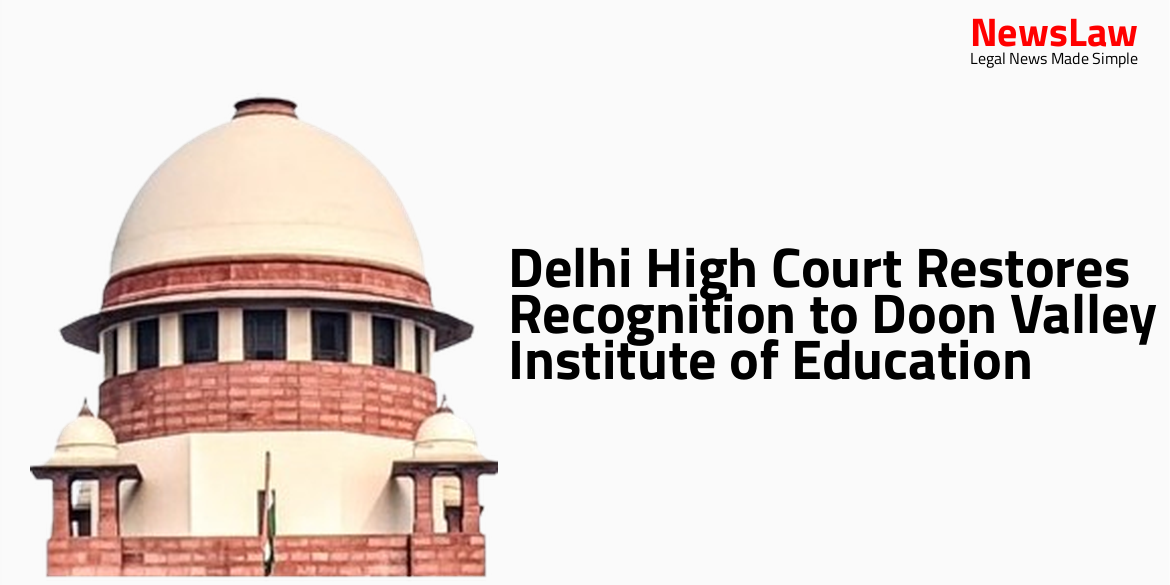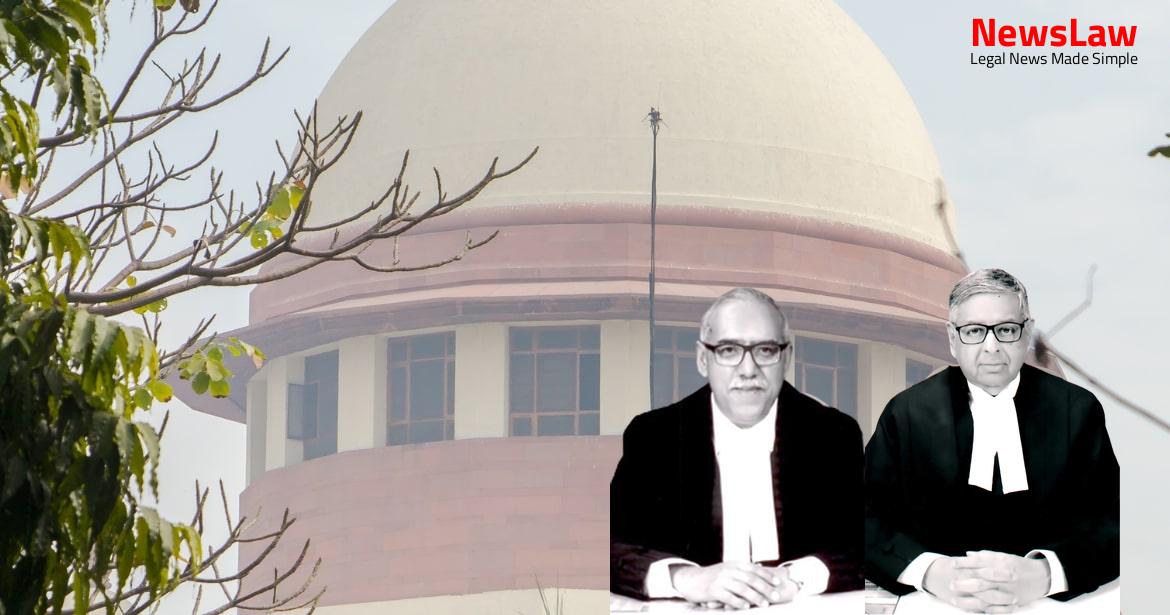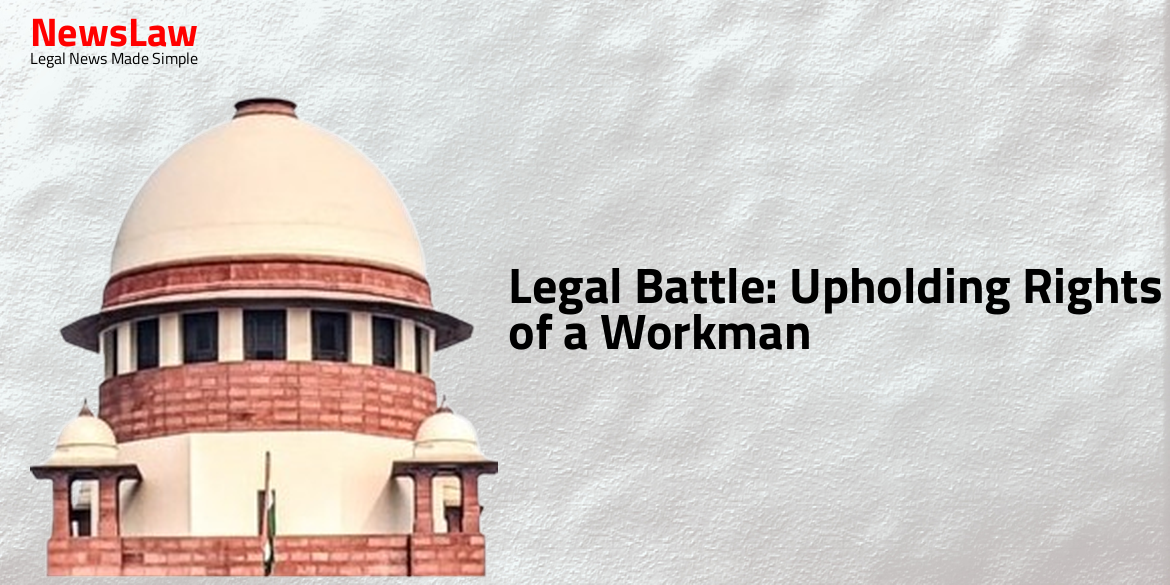In a significant legal battle, the Delhi High Court has overturned the decision to withdraw recognition from Doon Valley Institute of Education, a renowned institution offering teacher education courses. The court’s ruling underscores the complex interplay between regulatory guidelines and institutional management. This verdict has implications for educational institutions nationwide, setting a precedent for future cases involving the interpretation of the NCTE Act.
Facts
- The NRC withdrew the recognition granted to Doon Valley Institute of Education for running its B.Ed. programme due to the change in management from a trust to a company, which was deemed impermissible under NCTE Regulations 2014.
- The withdrawal of recognition was based on the ground that the trust, previously registered under the Societies Registration Act, had been incorporated as a company under the Companies Act 1956, violating NCTE Regulations.
- The Appellate Committee of NCTE dismissed the appeal filed by Doon Valley Institute of Education to restore recognition, noting that the change in the institution’s management was not permissible.
- Despite submitting a response to the deficiencies indicated in the minutes of the NRC meeting, no further show cause notice was issued to the institution.
Arguments
- Mr. N.K. Bhatnagar argues that the decision to withdraw the petitioner’s recognition based on the change in management from a trust to a private limited company is unjustified.
- He points out that the recognition was granted to the institution itself, not specifically to the managing body, and that the change in management did not warrant withdrawal of recognition.
- In contrast, Mr. Sanjay Sharawat contends that the change in management, from a society to a company, is a substantial alteration that affects the entity responsible for running the institution.
- He emphasizes that recognition is tied to the control and management by specific types of bodies outlined in regulations.
- Mention of the absence of any prohibition in the NCTE Act or regulations against the conversion from society to company, as pointed out by Mr. Bhatnagar.
- Mr. Sharawat highlights that the entity currently managing the institution, a private limited company, is not the same as the entity originally granted recognition by the NRC, thus justifying the withdrawal of recognition.
- It is argued that a change in management should not automatically result in the withdrawal of recognition unless specifically provided for in the regulations.
- Reference to the internal communication dated 26 December 2016 from the NCTE to the SRC regarding the change in management.
- Inclusion of the specific provision in the 2007 Regulations, Regulation 8(11), that required approval for changes in management, absent in earlier and subsequent regulations.
- The objection of the respondent is considered superfluous by the petitioner’s submission.
- There is no change in the management of the petitioner, and a trust or company are both eligible to run the teacher education institution as per the NCTE Act.
Analysis
- Section 14(1) of the NCTE Act grants recognition to institutions offering teacher education courses.
- Section 17(1) allows for withdrawal of recognition if the institution violates any provisions of the Act, rules, or regulations.
- Regulation 4 of the 2014 Regulations specifies eligible institutions for recognition, including trusts and companies.
- Changing management from society to company resulted in withdrawal of recognition for the petitioner-institution.
- The decision was deemed invalid as no specific prohibition against such a change exists in the NCTE Act.
- The power to withdraw recognition is limited to specified contraventions under Section 17 of the NCTE Act.
- Recognition was granted to the institution itself, not to specific individuals managing it.
- The 2007 Regulations with the prohibition on changing management have been superseded by the 2009 and 2014 Regulations.
- There is a recognized distinction between the controlling body and the institution itself.
- The withdrawal of the petitioner institution’s recognition was upheld by the Appellate Committee of the NCTE based on the formal change in managerial control.
- Both a trust and a company are allowed to manage an institution for recognition under the NCTE Act.
- The mere incorporation of the society as a company should not be a legitimate reason to withdraw recognition under Section 17 of the NCTE Act.
- The absence of any provision prohibiting a change in the status of the Trust managing the institution questions the withdrawal of recognition.
Decision
- The decisions to withdraw the petitioner’s recognition and the endorsement by the Appellate Committee are set aside.
- Conclusion 38 dated 12 April 2024, upholding the withdrawal, is quashed.
- The petitioner’s recognition is restored.
- The NCTE is directed to update the status of the petitioner institution, inform the affiliating body, and take necessary actions within two weeks.
- The writ petition is allowed with the above terms.
Case Title: DOON VALLEY INSTITUTE OF EDUCATION Vs. NATIONAL COUNCIL FOR TEACHER EDUCATION & ANR. (2024:DHC:3860)
Case Number: W.P.(C)-6277/2024



